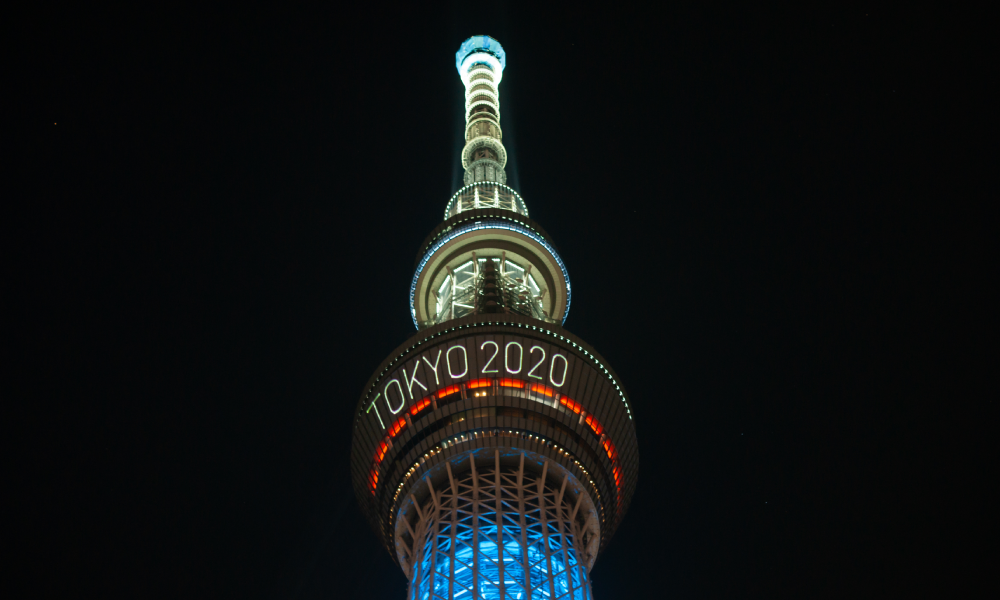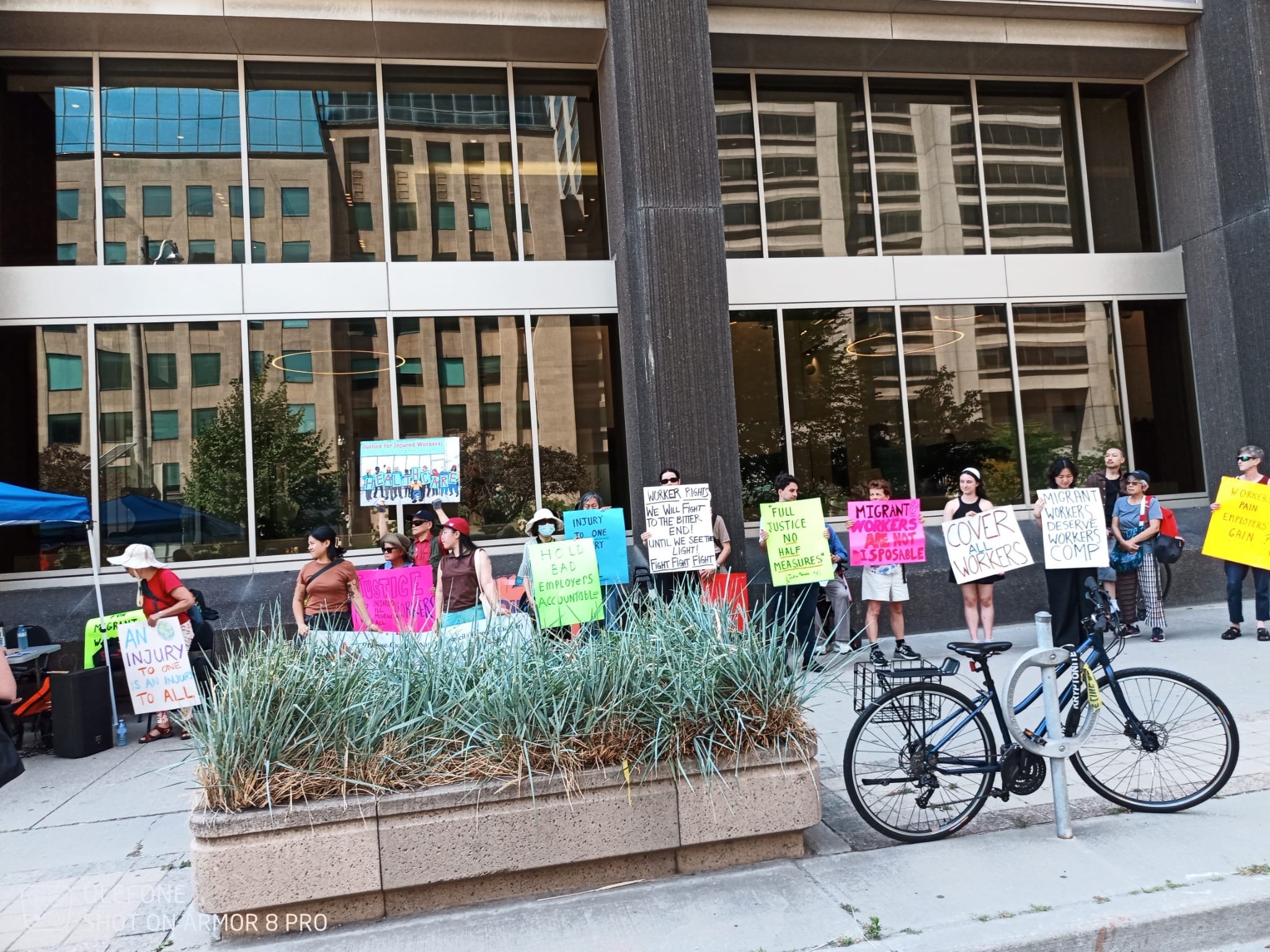Governing bodies have published rules, but safety still a concern

The International Olympic Committee (IOC), the International Paralympic Committee (IPC) and the Organising Committee of the Olympic and Paralympic Games Tokyo 2020 (Tokyo 2020) began publishing the third and final editions of the Tokyo 2020 Playbooks.
Developed jointly by Tokyo 2020, the IOC and the IPC in close collaboration with the Government of Japan and the Tokyo Metropolitan Government, the playbooks are the basis of the game plan to ensure that all Olympic and Paralympic Games participants and the people of Japan stay safe and healthy during the entire event while the COVID-19 pandemic continues.
In the updated version, the Playbooks detail the potential consequences that the IOC and IPC may impose for violations, including warnings; temporary or permanent exclusion from the Games; withdrawal of accreditation; disqualification (with the consequences set forth in the Olympic Charter); and financial sanctions.
“The top priority of the Tokyo 2020 Games is safety, and the Playbooks are key to that objective. We have left no stone unturned in the preparation of this third edition, consulting extensively with experts in medicine, health and sport to formulate detailed and comprehensive safety measures in every aspect of the Games. From the outset, the development process has been collaborative and transparent, allowing us to refine all measures to the fullest extent,” said Nakamura Hidemasa, Tokyo 2020 main operations centre chief, according to a report from Around the Rings.
“Everyone taking part in the Games wants to see that they are a success, and we know that all participants coming to Japan will arrive with a commitment to upholding the measures in the Playbooks and helping to ensure the safety of both their fellow participants and the people of Japan. I am confident that with everyone's cooperation these Playbooks will have laid the foundation for safe and secure Games.”
Here are some things employers can do to keep their employees safe from the COVID-19 pandemic.
Very stringent
Sebastian Coe, World Athletics president, knows safety is a huge concern at the Olympics.
“I am not sure there is a huge risk attached to this,” Coe said. “The people whose judgement I really value in this are the health and safety teams we work alongside, the World Health Organization, and those experts we have relied upon and not let us down in this process. Of course I understand that people are nervous, this does not surprise me.”
But he believes that enough time and thinking have been put into coming up with the protocols.
One of those protocols, for example, is the number of spectators that will be welcomed to the Games. The IOC and Japan’s government agreed on a cap of 10,000 fans at events, but spectators will have to wear masks at all times and could not shout or cheer.
“The polling in Japan has shown that people are beginning to soften a bit. I do think they realise that the protocols in place are very, very stringent,” said Coe.
“It is important for us to continually explain the thousands of hours that have gone into figuring this out and making sure the safety of athletes and the public is paramount. I think these Games are worth fighting for.”
Concerns
Still, there are a lot of things to be concerned about, said Hans Westerbeek, head of sport business insights group at Victoria University, and Maximilian de Courten, health policy lead and professor in global public health at the Mitchell Institute, Victoria University.
“About 90,000 international athletes, support teams and journalists are expected to arrive in Japan ahead of the games. And it is almost certain some will bring in the coronavirus,” they said.
“Even full vaccination and pre-departure virus testing will not prevent this, as the recent COVID-19 case in one Ugandan team member showed. Now an athlete from that team, who was also vaccinated before departing, has caught the highly infectious Delta variant.
The issue is then how to ensure those who bring the virus into Tokyo don’t spread it among other athletes and support crew, and consequently spread it among the Japanese population, which remains largely unvaccinated.”
And though Tokyo Games organisers are keen for the vaccine rollout to press on for people involved with the games, “they don’t provide details of how they can guarantee two vaccine doses will be administered with the required delay between the first and second dose,” they said.
“There are also no details of whether vaccination plans include accommodation staff, drivers, media and over 110,000 volunteers who may come into contact with arriving participants.”
The Tokyo Olympics will begin on July 23 and will run until Aug. 8.





